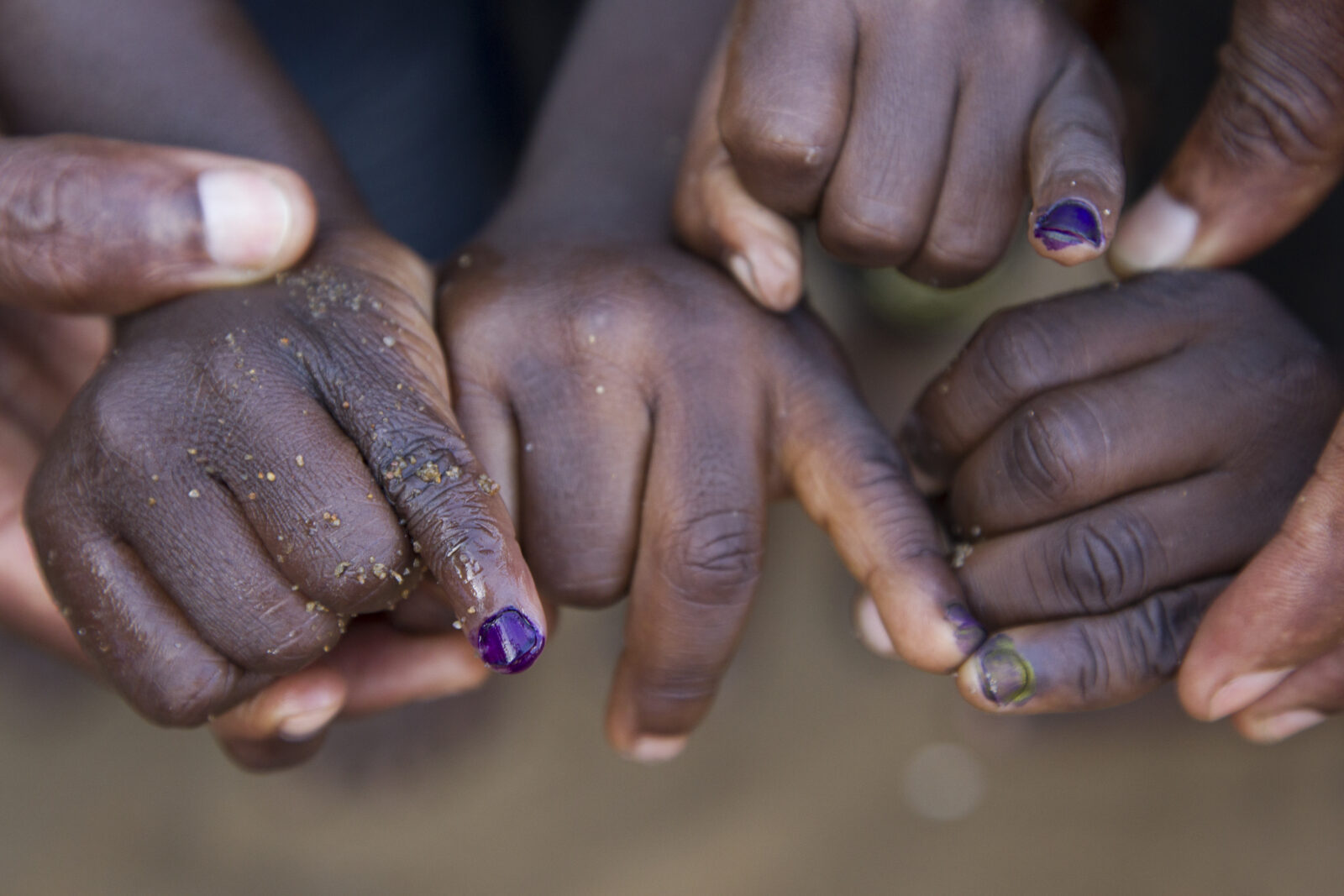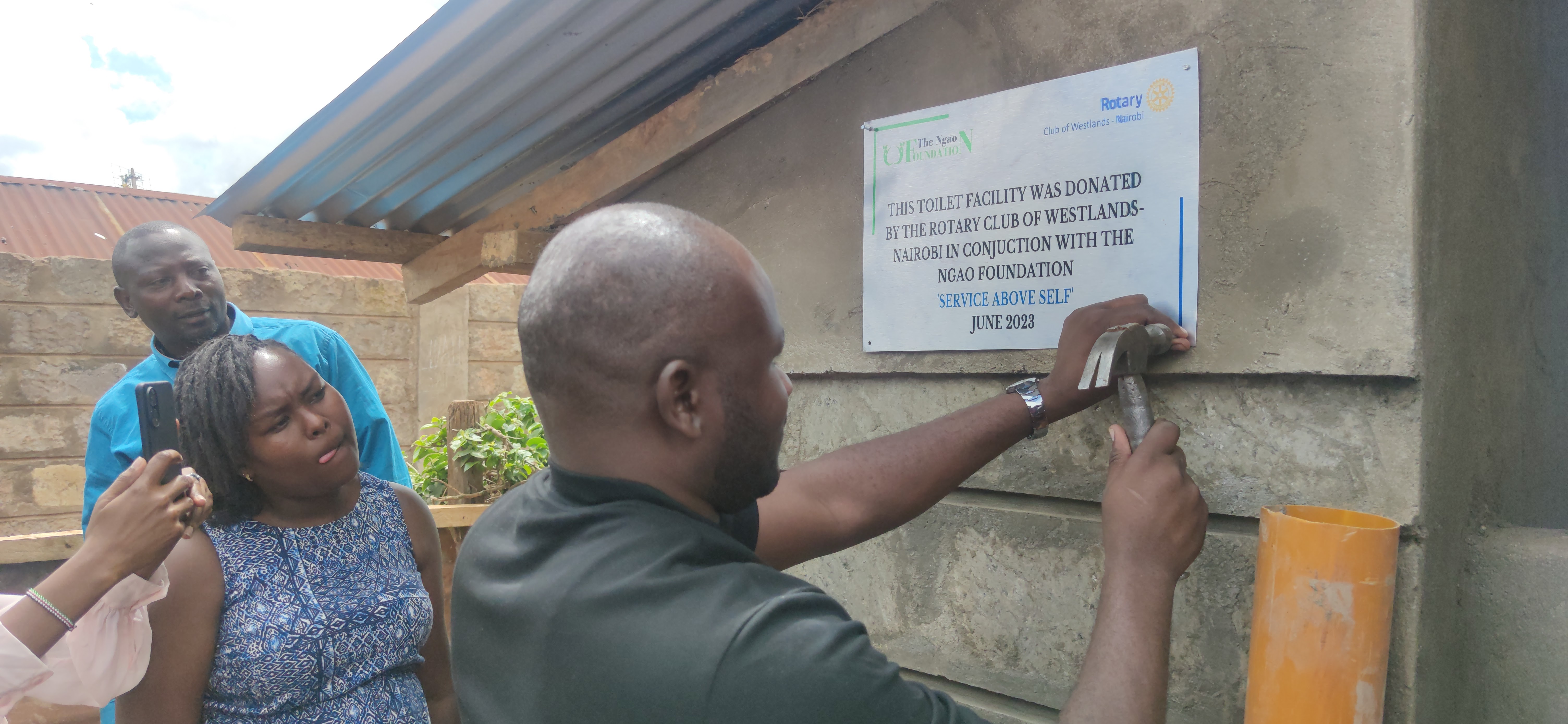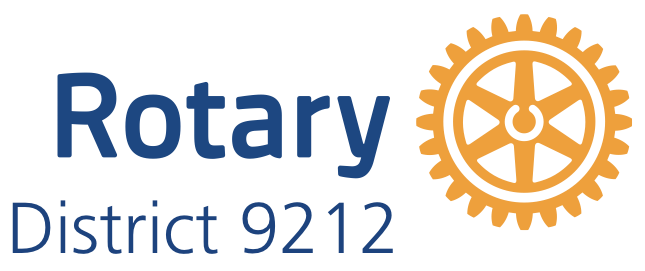WHO Grants Prequalification For Improved Polio Vaccine

By Eric Ombok
The World Health Organization has granted prequalification to a more stable polio vaccine known as nOPV2, a next-generation version of the traditional type 2 monovalent oral polio vaccine (mOPV2) that is used to respond to circulating vaccine-derived poliovirus type 2 outbreaks.
WHO prequalification is the final vetting process to ensure that the vaccines used in immunisation programmes are safe and effective. Now that nOPV2 has achieved this status, it should be easier for more countries to access and use nOPV2 in response to cVDPV2 outbreaks.
nOPV2 was granted the WHO’s Emergency Use Listing (EUL) approval in March 2021. This mechanism enables the early and targeted use of yet-to-be licensed vaccines, diagnostic tests, and treatments in response to Public Health Emergencies of International Concern following careful analyses of existing clinical trial data.
Since rollout of this next-generation vaccine began in March 2021, the Global Polio Eradication Initiative (GPEI) has administered nearly a billion doses of nOPV2 across 35 countries, protecting millions of children against illness and paralysis, according to GPEI.
“This is a historic milestone for polio eradication and for public health,” World Health Organization Director-General Dr. Tedros Adhanom Ghebreyesus says. “Novel oral polio vaccine type 2 has blazed a trail for other new vaccines that address critical health emergencies, and its use demonstrates the utility of the EUL mechanism in helping to rapidly get new products to where they’re needed most.”
Polio remains a public health emergency of international concern, World Health Organization Regional Director for Africa, Dr. Matshidiso Moeti says. Africa is stepping up efforts to stop variant polio transmission and already 39 countries have rolled out the nOPV2vaccine, protecting more children & accelerating progress to make polio history, she says.
Nigeria has played an outsized role in nOPV2 rollout in the leadup to WHO prequalification, administering nearly half a billion doses to children across the country to date. The vaccine has helped bring about an 85% reduction in variant poliovirus cases in Nigeria since 2021, and its impact is visible through this and other data, according to GPEI.
Development of the vaccine began in 2011 through a consortium of experts led by the Bill & Melinda Gates Foundation, including the UK National Institute for Biological Standards and Controls, the U.S. Centers for Disease Control and Prevention, the US Food and Drug Administration, PATH and the University of California at San Francisco.
As of 3 January 3, 2024, 325 cases of cVDPV2 had been reported in 2023, compared to 689 cases in 2022. “While nOPV2 has played a key part in this reduction, its success, like any polio vaccine, depends on the ability to rapidly implement high-quality immunization campaigns that reach every child,’’ according to GPEI.
GPEI is a public-private partnership led by national governments with six partners – the World Health Organization, Rotary International, the US Centers for Disease Control and Prevention, the United Nations Children’s Fund (UNICEF), Bill & Melinda Gates Foundation and Gavi, the vaccine alliance. Its goal is to eradicate polio worldwide.



